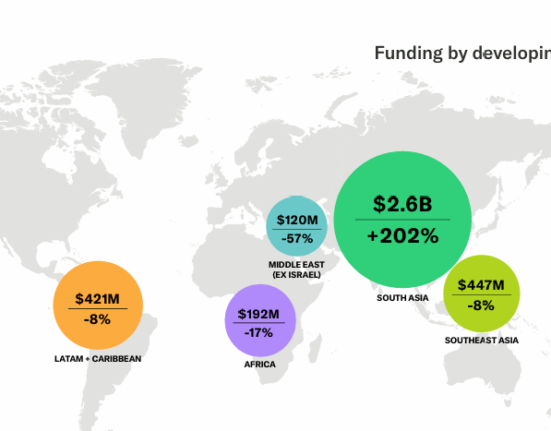A new long-term study offers a more nuanced perspective on the debate over animal versus plant protein and its impact on longevity. Contrary to past warnings, animal protein does not increase mortality risk from heart disease, cancer, or any cause—and may, in fact, be modestly protective against cancer-related deaths.
📊 Leveraging NHANES III: A Comprehensive Data Source
The research, published in Applied Physiology, Nutrition, and Metabolism, analysed data from NHANES III, a nationally representative U.S. health survey conducted between 1988 and 1994. Nearly 16,000 adults aged 19 and above were tracked until 2006, enabling researchers to assess long-term associations between protein intake and mortality.
Importantly, this study did not rely on short-term diet recalls. Instead, it employed advanced dietary modelling techniques—including the National Cancer Institute method and multivariate Markov Chain Monte Carlo modelling—to estimate individuals’ usual intake of animal and plant protein with greater accuracy.
🔬 What the Risk Models Showed
Researchers applied hazard ratio models to estimate the impact of increasing daily intake of animal or plant protein by 5–10 grams per day. Across all-cause, cardiovascular, and cancer-specific mortality, the results were consistent:
- Animal protein intake was not associated with increased mortality.
- Plant protein showed a neutral effect—neither harmful nor protective.
- Notably, higher animal protein intake correlated with a slight reduction in cancer mortality risk, a result that reached statistical significance.
🧪 Dissecting the Cancer Connection
This last finding challenges earlier assumptions, particularly regarding the hormone IGF-1 (Insulin-like Growth Factor 1), which has been implicated in both cancer risk and ageing. Although IGF-1 was measured in a subset of participants, its levels did not predict mortality risk in this study. This suggests that the reduced cancer risk associated with animal protein consumption operates through mechanisms beyond IGF-1, inviting further research.
🧭 Contextualising with Earlier Evidence
Previous studies—some with more limited dietary data or shorter follow-up—had suggested that high meat consumption, especially red or processed meat, could increase health risks. However, the current study employed more precise and long-term dietary exposure modelling, making it a robust counterpoint to earlier concerns.
Dr. Stuart Phillips, Chair of Kinesiology at McMaster University and senior author of the paper, noted:
“There’s a lot of confusion around protein—how much to eat, what kind, and what it means for long-term health. This study adds clarity, which is important for anyone trying to make informed, evidence-based decisions about what they eat.”
Lead researcher Yanni Papanikolaou, president of Nutritional Strategies, added:
“When both observational data like this and clinical research are considered, it’s clear both animal and plant protein foods promote health and longevity.”
⚖️ Addressing Funding and Scientific Integrity
The study received funding from the National Cattlemen’s Beef Association, raising inevitable questions about potential bias. However, the researchers explicitly stated that the funding body did not influence the study design, analysis, or interpretation. Transparency in declaring funding sources enables a critical evaluation of the findings without compromising their scientific merit.
🍽️ What This Means for Your Diet
For consumers navigating a swirl of nutrition advice, this study offers reassurance:
- Eating animal protein isn’t associated with premature death from any major cause.
- Plant protein remains a safe and valuable source, though it showed no added benefit for cancer-related outcomes in this dataset.
- A diverse, balanced diet incorporating both types of protein aligns with the latest evidence on longevity and disease prevention.
📌 Caveats and Next Steps
It’s crucial to remember that this is an observational study. While it utilises powerful modelling to reduce bias, it cannot establish causality. Nevertheless, it adds meaningful weight to a growing body of literature suggesting that the source of protein may matter less than the overall quality and context of one’s diet.
🔍 Implications for Public Health and Policy
This research may prompt a reevaluation of dietary guidelines, particularly those that have leaned heavily toward plant-exclusive protein recommendations in the name of disease prevention. While environmental sustainability is a valid and vital concern, this study reminds us that the nutritional discussion must remain evidence-based, especially when it comes to individual health outcomes.







